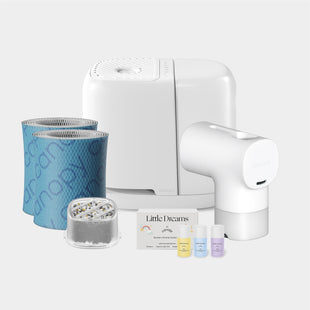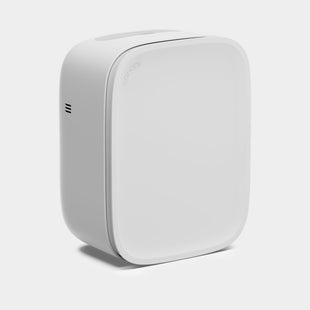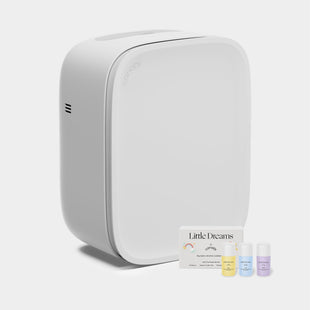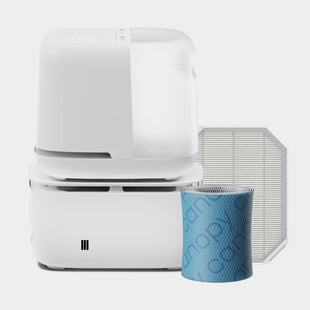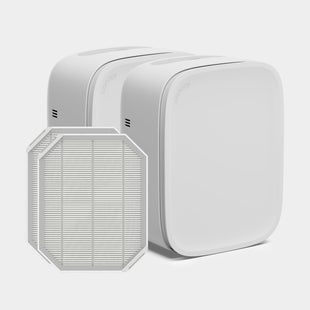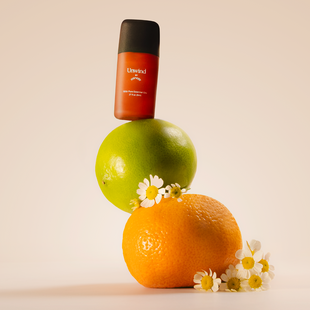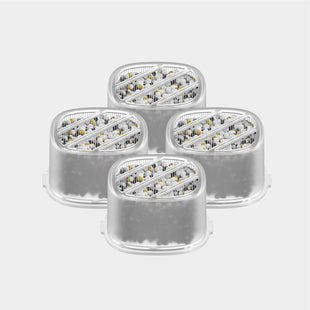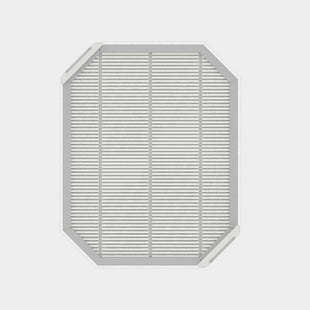Whether you’re hitting the slopes on a ski trip, or you call the mountains home, being high above sea level comes with epic views and lots of opportunities to explore outdoors. But no matter the length of your stay, high altitudes can also take a toll.
Fortunately, there are ways to control the effects of elevation on your body. Here’s what you should know.
How Do High Altitudes Affect You?
The higher you are above sea level, the thinner the atmosphere becomes. You take in less oxygen at higher elevations, and if you’re not used to the conditions, your body may struggle to adapt. In some cases, this can lead to altitude sickness.
High altitudes can also affect your body after you’ve acclimated to them—even if you’ve been living in the mountains for many years. Not only is there less oxygen, but there’s also less humidity. At altitudes greater than 8,000 feet, for example, the air can have 50–80% less humidity than it does at sea level.
What does that mean for your body? For some people, thin, dry air may be little more than a nuisance. For others, it can lead to a range of uncomfortable symptoms:
- Dry skin: Moisture evaporates faster when the air is dryer, meaning you’re more likely to experience scratchy, dry skin than you would at lower elevations. More intense or frequent flare-ups of existing skin conditions, such as eczema or psoriasis, can also occur.
- Dry nose and throat: Reduced humidity also contributes to drier nasal and respiratory passageways, potentially causing coughing and congestion. If you’re an allergy sufferer, the higher elevation and dryer nasal passages can also increase sinus pressure and nosebleeds.
- Respiratory issues: The decrease in oxygen in the mountains can make it harder to breathe. You may find yourself feeling winded from activities that would ordinarily feel easy, such as climbing the stairs.
- Dehydration: In addition to dry mountain air, you may experience an increased respiratory rate because of reduced oxygen. Your body will lose moisture faster as a result, which may lead to dehydration.
How to Manage the Effects of High Altitudes

Besides easing into high altitudes gradually, you can try the following tips to control the effects of higher elevations on your body.
Drink Plenty of Fluids
Staying hydrated is an important line of defense against many effects of high altitudes. Some people may need an additional liter of fluids or more, but the exact amount will depend on individual factors, such as your activity level.
Pamper Your Skin
Since drier air can zap moisture, nourish your skin with moisturizers and gentle care. Avoid harsh scrubbing or rubbing with a towel; instead, use gentle motions and pat your skin dry. If your skin is particularly dry, use a thicker formula, such as a cream or ointment.
Use a Humidifier Designed for High Altitudes
Using a humidifier is one of the most effective ways to address the impacts of high altitude. Increasing the moisture in your indoor environment will keep your nasal passages, airways, and throat lubricated, leading to better comfort and reduced allergy and respiratory symptoms. It will also stop your skin from losing excess moisture to the environment, aiding in hydration and reducing irritation. The best humidifier for high altitudes is one that works for your space, whether you’re seeking a portable model for your next vacation or a large-room humidifier for your home.
Does a Humidifier Help with Altitude Sickness?
A humidifier can certainly help mitigate many of the effects of high altitudes, and it’s one of the lifestyle remedies recommended by locals who know the ins and outs of mountain life. With that said, it’s no substitute for emergency medical care. If you’re experiencing serious symptoms of altitude sickness, such as chest pain or tightness, loss of coordination, shortness of breath at rest, or confusion, get immediate medical care.
Whether you’re enjoying mountain life or feeling the effects of dry winter air, Canopy has a humidifier for you. Vacationers can bring our award-winning Portable Humidifier along on their travels, while our Bedside Humidifier suits most single rooms, and our Large Room Humidifier is designed for spaces up to 1,000 square feet.
And if you have a Health Savings Account (HSA) or a Flexible Spending Account (FSA), you may be eligible to spend tax-advantaged dollars on our registry must-have products—here’s how the simple four-step process works.









